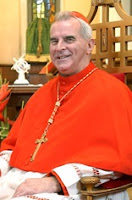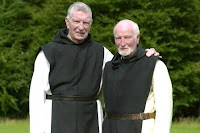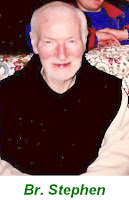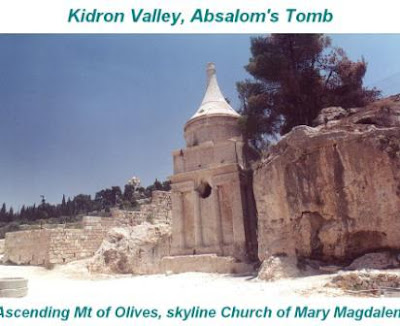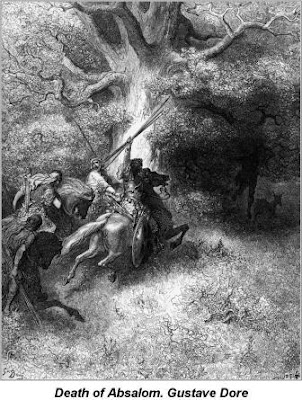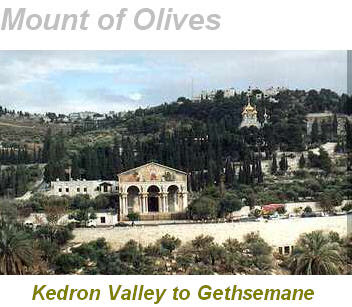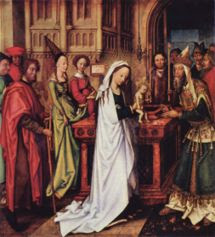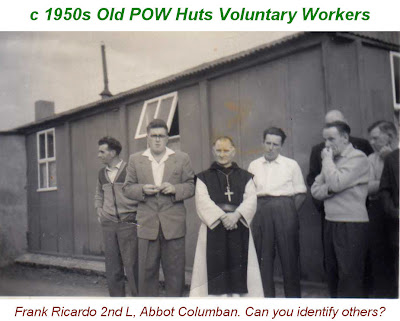1st March 2008
Abbot Raymond and Fr. Hugh will be celebrating Mass to mark the 50th Anniversary of their Ordination to the Priesthood.
Hugh (Michael John)
Born 27 May 1928
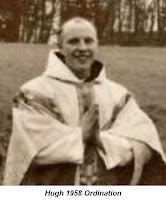 Entered Prinknash 18 Jan 1949
Entered Prinknash 18 Jan 1949
Temporary Profession Prinknash 13 Nov 1950
Entered Nunraw 5 Nov 1951
Temporary Profession 20 Dec 1953
Solemn Profession 20 Dec 1956
Ordained 1 March 1958
Raymond Jaconelli
Entered 15 Oct 1951
Temporary Profession 22 Nov 1953
Solemn Profession 22 November 1956
Ordained 1 March 1958
Homily, Abbot Raymond
TIRED BY THE JOURNEY
3rd Sunday of Lent
Jn 4,5-42.
I would like to take this phrase which the Evangelist uses to describe Jesus as he sat wearily down by the well and look at some of the deeper implications of it.
Jesus was wearied by the journey, St Luke tells us. First and most obvious of all is the fact that it confirms the reality of his sacred humanity. A humanity which, like any of the rest of us had its limitations. Like the rest of us Jesus could only go so far at a time, then he had to rest. The whole of life is like that and that is why God has built into our nature the rhythm of day and night, of waking and sleeping. There is a great lesson in this to keep us humble. No matter how great, no matter how urgent the problems of life, we just have to go to sleep at night or we will only compound the problems.
I would like this morning to take this broad view of the weariness of Jesus in his public ministry. There was a word spoken by Jesus to his Apostles at the last supper which gives a rather dark picture, not often noticed, to his public life and what it cost him.
We read in St Luke’s account of the last Supper that Jesus said to his disciples: “You are they who have stood by me in my trials” Now, Jesus Passion had not yet begun and indeed he was going to say to them almost immediately, “You will all desert me”. So the trials he was referring to, the trials in which they had stood faithfully by him and for which he was so grateful to them were the trials they had been through together during his public ministry.
We tend to think of the public ministry of Jesus as a time of one great triumphant procession through the highways and byways of
But how many of those who crowded round him did so with real faith in him? How many were just curious like Herod? We can be surprise too to read that Jesus would not trust himself even to many of those who believed in him because he knew what was in man”.
We need only remember that it was the same crowd that shouted “Hosanna to the Son of David” at the beginning of the week that shouted “Crucify Him” at the end of the week.
On top of all this was the opposition of his own family. They even thought he was mad and tried to drag him forcibly home. Then of course there was the growing opposition of the Religious Authorities which was to lead ultimately to his death.
So indeed, Jesus had good reason to look back on his public life and refer to it, not as a time of triumph, but as a time of constant stress and trial; a time during which he was supported by the faithfulness of his Apostles and for this he was so grateful.
Let us take a lesson from this then in facing up to the stresses and strains of our own daily lives and when we feel so "wearied of the journey" let us sit down by the well of God’s word and draw strength and refreshment from it.
____________________________________________

